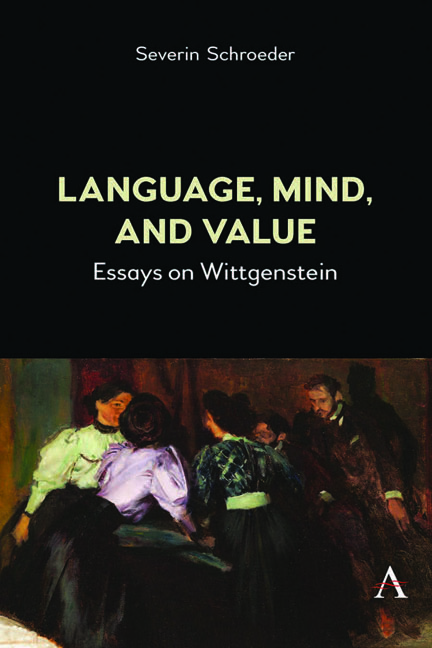15 - The Tightrope Walker: Wittgenstein on Religious Belief
Published online by Cambridge University Press: 13 April 2024
Summary
The honest religious thinker is like a tightrope walker. It almost looks as though he were walking on nothing but air. His support is the slenderest imaginable. And yet it really is possible to walk on it. (CV 84)
Wittgenstein and religious expressivism
Religious belief is widely thought to be irrational: a view about the world for which there is no reliable evidence and which can easily be explained as the product of upbringing, tradition uncritically accepted and naive wishful thinking. Indeed, it is not only ill-supported; there is reason to doubt whether its tenets ultimately make any sense. Its very consistency is threatened by a number of conceptual problems related to the notion of an omnipotent, omniscient and benevolent being. Wittgenstein would have agreed with this critical view: as a hypothesis to be assessed in cold blood in the light of its evidence and coherence, theism is a lost cause. And yet he did not dismiss the belief in God as necessarily irrational. It may not be reasonable, but it need not be unreasonable either (LC 58). How is that possible? How can one be an ‘honest religious thinker’, in other words, how can one combine being a thinker – a rational person –, being honest – not deceiving oneself –, and being religious – believing in God. It is possible, according to Wittgenstein, but it is extremely difficult: a tightrope walk.
The problem, in short, is how to reconcile the following two statements held by Wittgenstein:
(A) As a hypothesis, God's existence (etc.) is extremely implausible.
(B) Christian faith is not unreasonable.
To achieve this reconciliation, it has been suggested that Christian faith, according to Wittgenstein, does not actually involve any metaphysical beliefs. Credal statements should be seen merely as figurative expressions of a certain attitude towards life or as part of a ritualistic practice expressive of such an attitude (Phillips 1993). But the obvious objection to such an expressivist construal of credal statements is that it is not a correct account of the actual religious language-game.
- Type
- Chapter
- Information
- Language, Mind, and ValueEssays on Wittgenstein, pp. 223 - 242Publisher: Anthem PressPrint publication year: 2024



